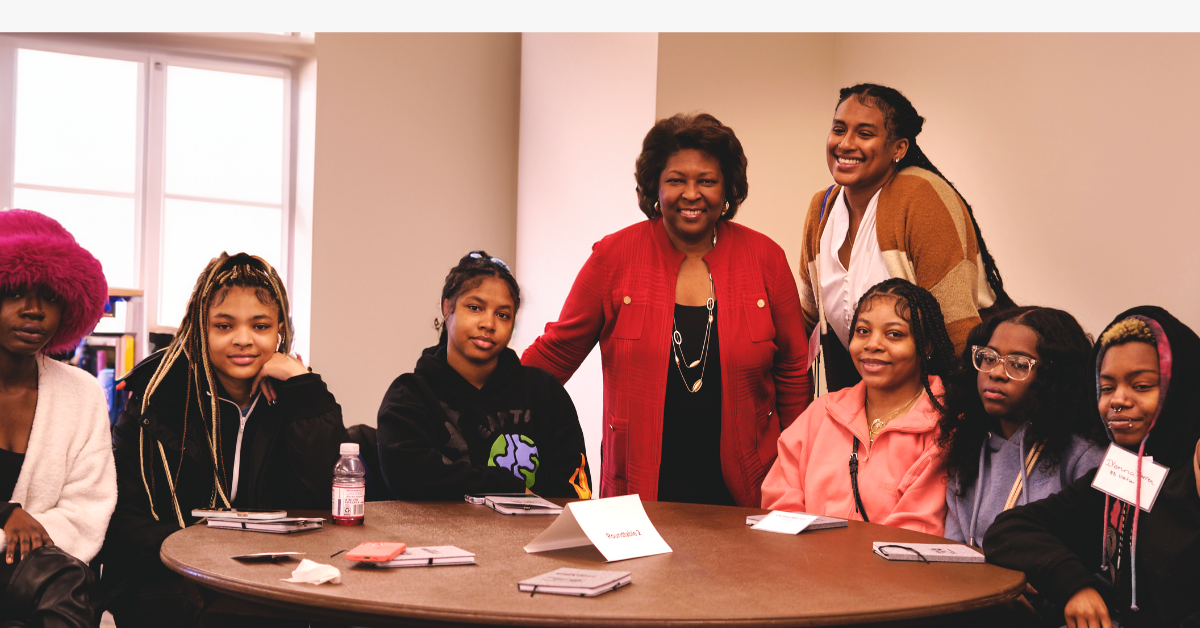
The COVID-19 pandemic and the current civil unrest have made pre-existing disparities across race and socioeconomic divides unignorable. Though divides in wealth and accessibility to essentials like health care, food and affordable housing are increasingly visible through the scope of the pandemic, for many in our communities who live paycheck to paycheck, this is not new. Those deemed ALICE (Asset, Limited, Income Constrained, Employed) populations, people who may work one or multiple jobs but still struggle to afford the basic cost of living, have felt the pangs of financial instability from the shadows of their often essential yet overlooked roles.
During the height of the pandemic, many of these same ALICE populations were deemed essential workers, extending themselves to greater risk to provide people with groceries, transportation and medical assistance. Many of these same individuals rely on safety-net programs, like food banks, to take care of their own essential needs. According to the Census Bureau, nearly 50% of all those working in essential positions rely on public transportation to get to work, risking higher exposure to COVID-19. These same workers, often paid hourly, are not extended the same access to employer-provided health care, don’t earn enough money to cover all their expenses like child care or rent, and often live in food deserts.
While the economy will slowly recover, it’s important to recognize the factors that left millions of Americans vulnerable in the first place. In Virginia, 44% of the state’s pre-pandemic jobs qualified as low-wage work, failing to pay individuals the essential cost of living and offer benefits like health care. Between 2007 and 2018, low-wage work increased by 34%, making it the state’s highest percentage of jobs. Likewise in Maryland, low-wage jobs increased by 61% between 2007 and 2018, with half the labor force being paid hourly. Maintainer jobs, those working in industries like retail, transportation and food service, occupied 91% of the job market with 52% of those jobs paying under $20 an hour. Those numbers will continue to grow as businesses across the Washington Metropolitan Region close their doors or modify service.
As the country turns to brace more uncertainty under COVID-19, there is an opportunity to rebuild with equity at the foreground.
“We have a pandemic level of injustice in this country that molds the American Dream,” explains Heath Carelock, Program Manager at the United Way NCA Financial Empowerment Center (FEC) located at Prince George’s County Community College. “I don’t know if you’ve ever had mold in your carpet, or in your ceiling or in your basement, but you can’t just get Clorox and wipe mold away.”
Carelock acts as the Program Manager at the FEC where he manages and oversees workshops, trainings and coaching targeted at improving the economic opportunities of anyone who schedules an appointment. Many of the participants who visit Carelock qualify as ALICE and leverage the resources at the Financial Empowerment Center to improve credit, manage debt and ultimately invest in themselves, whether through homeownership, workforce development or small business coaching.
“The Financial Empowerment Center, United Way NCA, the Community College, Employ Prince George’s, the library or any of these partners have a role in helping people absorb the blows and either get back on their feet or to pivot—whatever the framing may be,” says Carelock.
As Prince George’s County’s unemployment rate climbs to 9.9%, scaling 1.6% higher than the Maryland state average, Carelock is focusing his efforts on developing FEC participants’ skillsets in job markets that are more stable like IT and tech. The FEC is offering participants workshops on improving home value and going to market, tactics Carelock describes as helping people advance their economic opportunities. Since April, the Financial Empowerment Center has hosted over 120 workshops that educate participants on The 19 Financial Victories to Have During the COVID-19 Crisis, walking people through the steps they can take to stabilize their finances. All the United Way NCA Financial Empowerment Centers share this goal in mind, helping communities rebuild their economic opportunities and thrive.
Still, the ultimate solution to broadening economic opportunity and advancing equity is ensuring everyone has the resources they need to live a sustainable life. Institutions like the Financial Empowerment Center are here to catch people when they fall and help close the gap on economic barriers, but they don’t prevent those inequities from occurring. Improving lives by reducing disparities requires us to look deeply at the gaps that are widening those who are served well from those who are underserved and innovating, meaningful and sustainable solutions. As your United Way, we are committed to making bold strides to achieve equity in the health, education and economic opportunity of those National Capital Area residents for whom we serve.
To learn more about the Financial Empowerment Centers, please visit here


